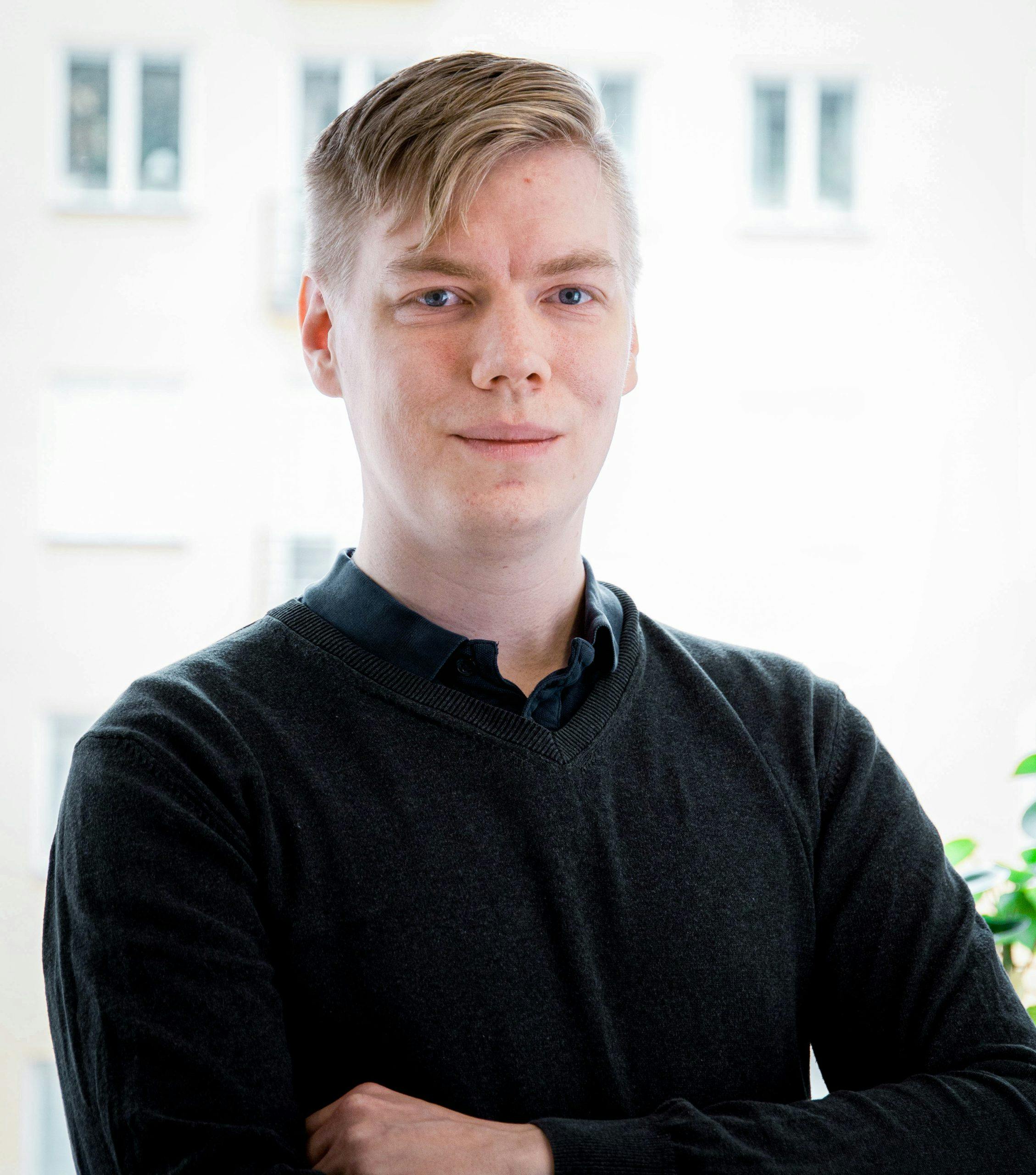European integration: What went wrong and how to fix it
No registration needed, but if you wish to get a reminder about the lecture per e-mail, please fill in this form.
AnmälanHeckscher lecture 2023 with Professor Hans Peter Grüner.
Welcome to the Eli F. Heckscher lecture 7 September at 17.00-18.45!
Hans Peter Grüner is Professor of Economics, Economic Policy at the University of Mannheim. His research focuses on the design of political and economic institutions, financial and monetary policy, political reforms, capital markets and the distribution of wealth. He is this year’s keynote speaker.
During his lecture, “European integration: What went wrong and how to fix it”, he will discuss the future of the European Union, with a special focus on the monetary union and the necessisty of fiscal restraints.
Grüner is an adjunct professor at the Hertie School in Berlin, a Research Fellow of CEPR, London, and serves on the editorial board of the European Journal of Political Economy. Grüner has published in leading international journals, including the American Economic Review, Econometrica, the Economic Journal, the Journal of the European Economic Association, the Journal of Economic Theory and the Journal of Public Economics, and he regularly contributes to policy debates.
Date: Thursday 7 September
Time: 17.00-18.45
Place: Stockholm School of Economics, Sveavägen 65, Stockholm
Room: Aulan
Read more about this year’s keynote speaker here.
About the Heckscher lecture
The Heckscher Lecture is arranged each year by The EHFF Institute for Economic and Business History Research and The Ratio Institute, to honor Professor Eli F. Heckscher and his work.
For each year’s lecture, a distinguished economist and researcher is invited, of which a few have later received the Sveriges Riksbank Prize in Economic Sciences in Memory of Alfred Nobel, including the 2018 laureate, Paul Romer.
Eli F. Heckscher was active at the Stockholm School of Economics as an economist and economic historian and he was a leading scholar in those subjects for half a century. His work was mainly focused on economic theory and methods, Swedish economic history and institutional economic analyses. He is most famous for co-developing the Heckscher-Ohlin theorem in international economics.


